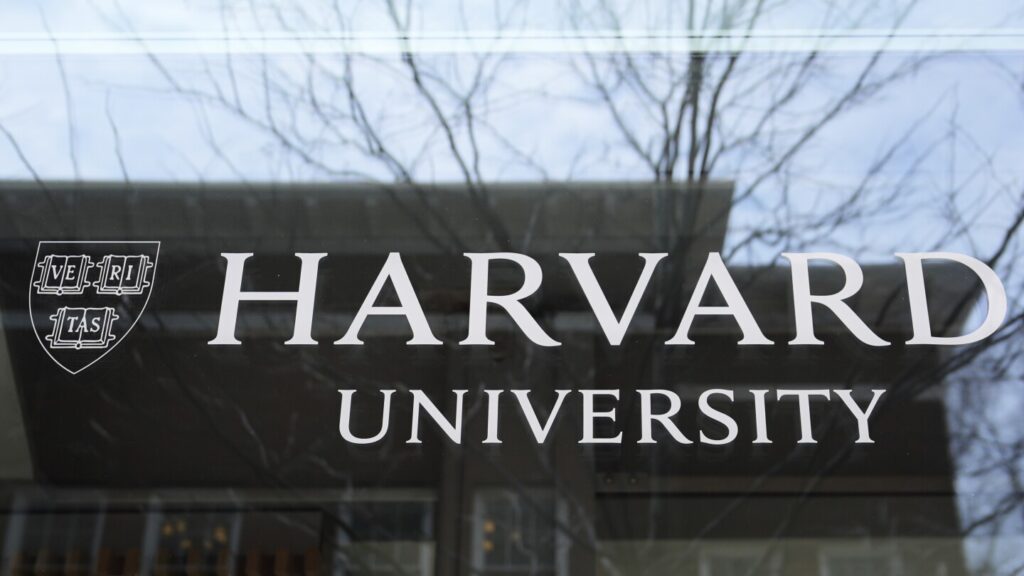President Donald Trump and his administration have taken various measures to impede Harvard University’s enrollment of international students, as part of their broader agenda to bring about policy changes at the prestigious Ivy League institution. These efforts have focused on restricting foreign student enrollment, which is a significant aspect of Harvard’s global appeal. While some of the government’s actions have been halted by court orders, the situation remains uncertain.
One key tactic employed by the administration was an attempt to revoke Harvard’s certification to host foreign students, citing administrative authority. However, a federal judge intervened, temporarily blocking this move pending further legal resolution. Separately, Trump sought to ban entry into the U.S. for incoming Harvard students, which was also challenged in court.
Furthermore, the administration has increased scrutiny of visa applicants planning to attend Harvard, directing consulates to review social media accounts for signs of antisemitism. This heightened vetting process has implications for not only Harvard but also other universities with a significant international student population.
Harvard, which hosts a substantial number of international students across various programs, has faced pressure from the administration over alleged policy violations. The university has pushed back against these claims, emphasizing its commitment to compliance with visa regulations and its opposition to external interference in its operations.
The ongoing standoff between Harvard and the Trump administration underscores broader tensions around immigration policies, national security concerns, and allegations of campus misconduct. The outcome of these legal battles will have implications not just for Harvard but also for the broader landscape of international education in the United States.

